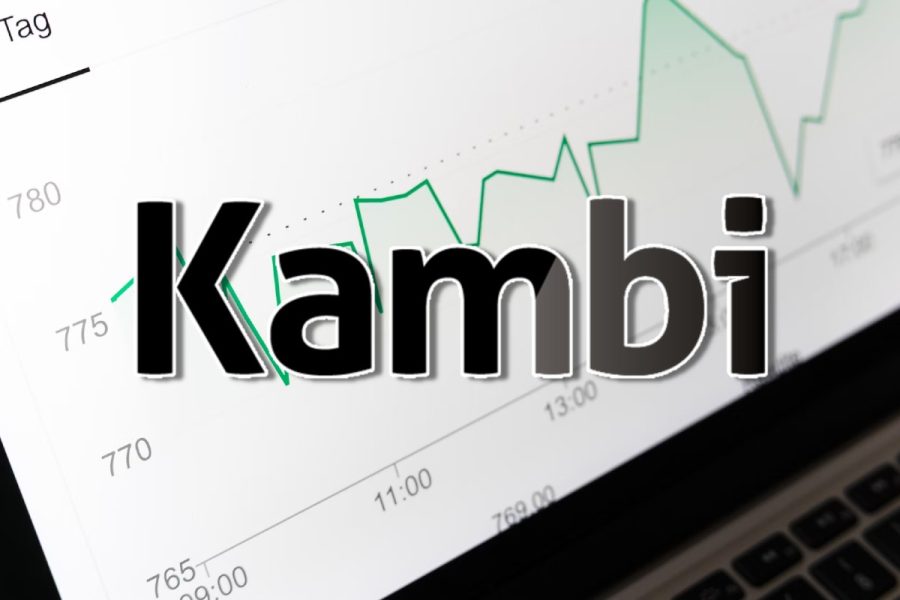A pivotal decision in Nevada has effectively halted Crypto.com’s sports prediction platform, a consequence of a ruling by Judge Andrew Gordon. The judge determined that the platform’s contracts don’t qualify as financial “swaps,” despite Crypto.com’s vigorous defense, and instead fall squarely within the state’s gambling regulations.
The legal battle centered on whether Crypto.com’s contracts, tied to the outcomes of sporting events, should be regulated as complex financial instruments overseen by the Commodity Futures Trading Commission (CFTC). Crypto.com argued they were, but Judge Gordon disagreed, stating the contracts’ value is directly dependent on *who* wins, not simply *if* a game happens.
Remarkably, the judge’s reasoning closely mirrored arguments presented in a legal brief submitted by tribal entities weeks earlier. This brief meticulously distinguished between contracts based on event occurrence versus event outcome, a nuance that appears to have swayed the court.

The tribal brief illustrated the point with a compelling example: a stadium owner hedging against a game cancellation due to weather wouldn’t be betting on the game happening, but on the *absence* of a game. This subtle distinction proved crucial in the judge’s assessment.
The ruling has ignited debate within the burgeoning world of prediction markets, particularly given the contrasting fate of Kalshi, a similar platform that *has* received Nevada’s approval. This disparity underscores the current ambiguity surrounding the legal classification of these innovative services.
The core of the controversy lies in whether prediction markets represent a clever workaround of sports betting regulations, or genuinely distinct financial tools. Critics fear circumvention, while proponents emphasize the unique technical aspects that set them apart from traditional wagering.
The situation highlights a broader struggle for clarity in the US regulatory landscape, as other platforms like Polymarket navigate similar challenges and seek to establish a secure legal footing. The future of prediction markets hinges on defining their place within existing financial and gaming laws.






